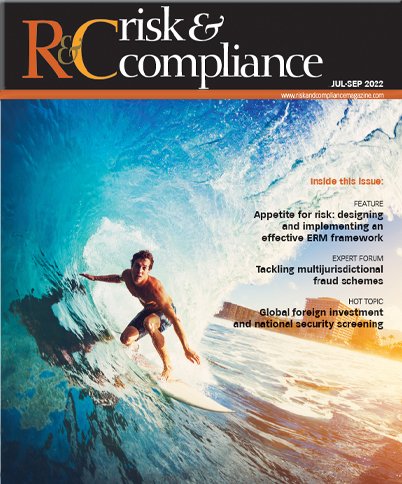GLOBAL FOREIGN INVESTMENT AND NATIONAL SECURITY SCREENING
R&C: Could you provide an overview of how countries around the world are reviewing and reforming their approach to foreign investment? Are your seeing any common themes?
Harper: The global trend is for more foreign investment screening and, in many cases, substantially more. For some jurisdictions, such as the UK, which has had no mandatory foreign investment or national security regime before, there has been a fundamental change in approach and new broad mandatory regimes have been introduced. And we have seen this in the European Union (EU) as well. As an example, the UK investigated fewer than 20 transactions on national security grounds in the 19 years prior to the introduction of the National Security and Investment Act (NSIA). Now, the UK government estimates that it will receive more than 1000 notifications per year under its new regime.
Bialos: Since 1988, the US has had a well-developed foreign investment screening mechanism that allows the president to prohibit or restrict foreign acquisitions of control over US businesses that threaten to impair US national security. With the changing US policy toward China in 2015-18, the US strengthened its screening further, expanding coverage to certain real estate transactions and minority transactions involving US businesses in critical technology, critical infrastructure, or holding substantial sensitive personal information of US citizens and adding mandatory filing requirements for certain cases. Thus, even before coronavirus (COVID-19), the Committee on Foreign Investment in the United States (CFIUS), an interagency group led by the Treasury, conducted rigorous reviews of all such transactions.

